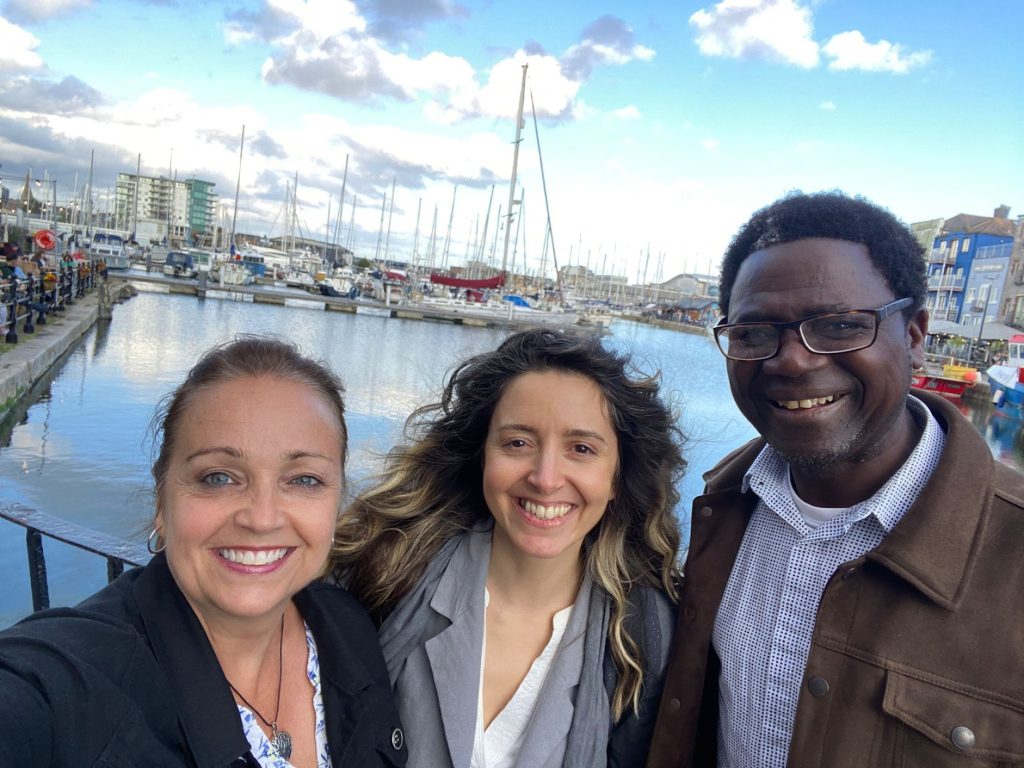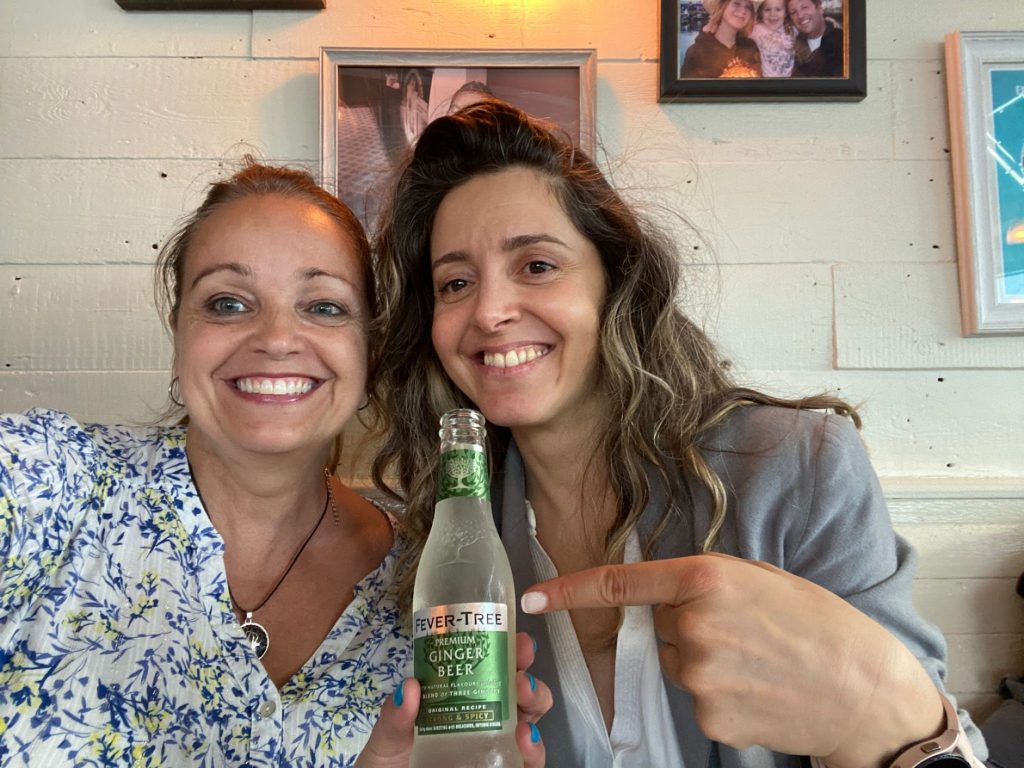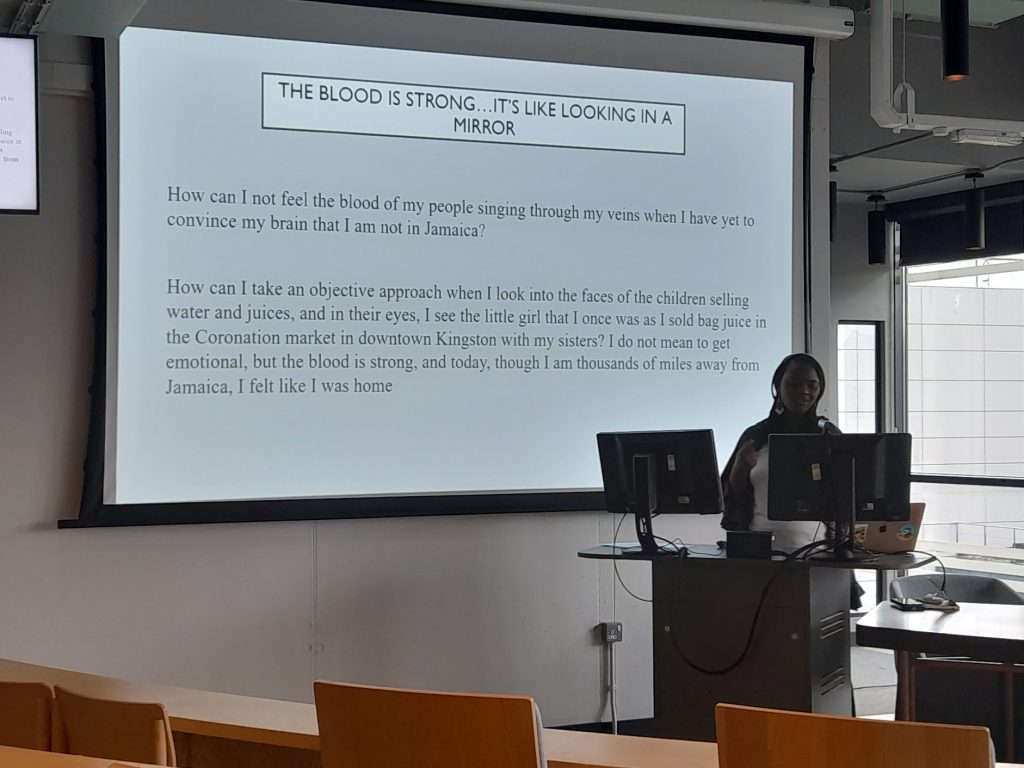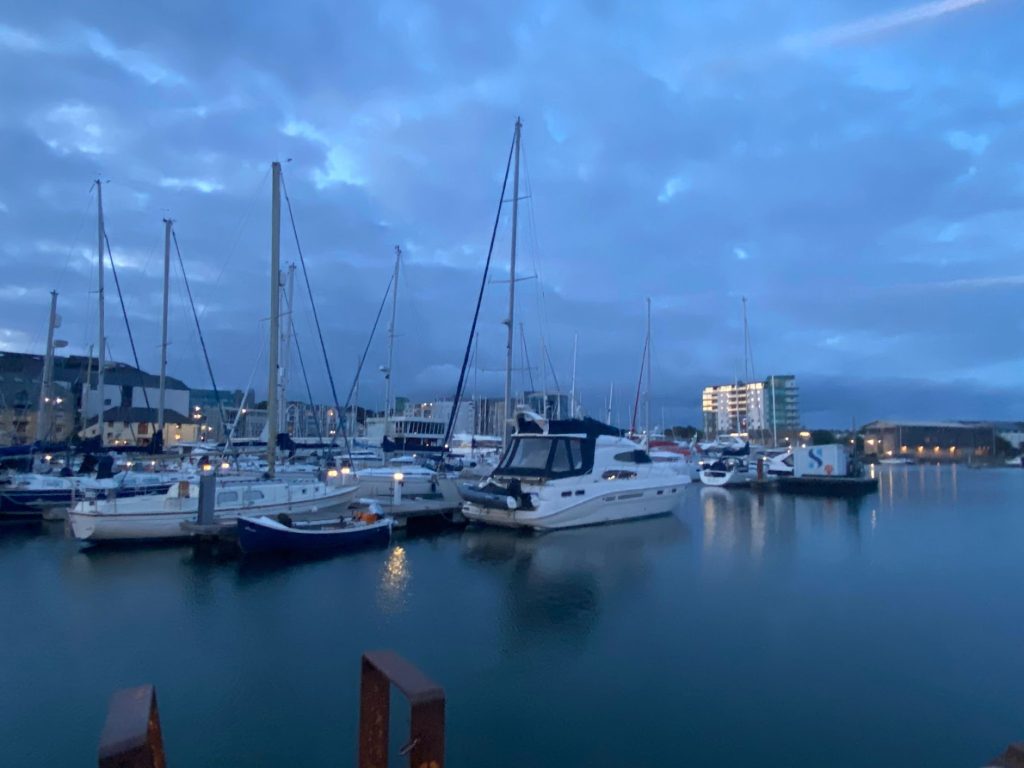
Earlier this month WOBA flew to Plymouth to take part in the Transatlantic Studies Association 21st Annual Conference at the University of Plymouth.
I had never heard of this small (but select) Association. I had the chance to present work-in-progress on the work of Conceição Evaristo, alongside my brilliant colleagues Kathryn Bishop Sanchez and José Lingna Nafafé, who spoke about performing the Portuguese Black Atlantic, and rethinking the Black Atlantic Abolitionist movement, respectively. Our panel, organized by Kathryn, was dedicated to the theme of “Portuguese Black Atlantic Crossings”, and it was surprisingly well attended, considering that we were surrounded by a both-sides-of-the-Atlantic Anglophone crowd. Throughout the event, during coffee breaks and panel discussions, you could see the minds growing hungry for marginalised Brazilian, Lusophone African and Portuguese angles.
I tested out my ideas on how to engage with the concept of the archive from the viewpoint of women who, like Evaristo, attempt to write about a past (of slavery) that cannot be told, yet needs to be told, or dreamed into existence. Drawing on the arch of the rainbow, I developed the notion of the “arc-hive” to discuss impossible archival gestures such as Evaristo’s, and presented the notion of “rainbow fever” following Derrida’s famously mistranslated concept of “mal d’archive” (“archive fever”).
I have been toying with these expressions in my mind for a while. Talking about them in this conference has given me the confidence to start thinking about Rainbow Fever as a possible book title. I’m quite excited about that.

The conference got more and more interesting as it progressed. Nearly all the papers I listened to dealt in some way or another with the notion of the “Black Atlantic.”
I attended a very interesting panel on Ethnicity, Identity and the Body in the Black Atlantic, where I listened to a paper on transcorporeality in Afro-Latinx Religion, and glimpsed a rainbow serpent in one of the slides. It turns out that Roberto Strongman from Santa Barbara has a number of references that will be very useful in my engagement with the rainbow serpent myth. Note to self: this is a contact I ought to pursue in the next few days.
Another paper presented a number of diary entries written during the speaker’s trip to Ghana in search of her origins. It reminded me of Saidiya Hartman’s Lose Your Mother.

The keynote that left me in awe was delivered by Professor Michelle Wright. Dr Wright took off effortlessly, without a single paper in her hands, easing us into a whirlwind journey on the meaning of the term blackness. If it is not biological, then does it change over time and space? In order to answer this question, she discussed the time and temporality of the Black Atlantic, arguing that blackness is not a what, but a when and a where. Her engagement with the laws of motion and gravity, as well as physics’ theory of multiverses, in order to think through the multiple positionalities of black identity and the almost erased lives of black Africans, black feminists, black queers, and black immigrants, was absolutely enthralling. I’m glad to report that she also attended our panel and seemed very interested in what we had to say about the Brown Atlantic!
Everywhere you look in Plymouth, something is being refurbished or built. On the last day of the conference, I entered the Rolle building but could not retrace my steps because building work had suddenly began while I was listening to the talk, blocking the entrance. The seagulls wake you up at night. They sound like aliens imitating cats imitating newborns. Waterstones was full of great tips from its book lover employees. The Barbican was picturesque. My B&B (Cassandra Guest House) was neat, immaculate, and comfortable (minus the seagulls). The streets were rainy and sunny in equal measures. The food was delicious. I checked out Toot, a fabulous Persian restaurant, and Rockfish, a restaurant with fabulous fresh fish, delicious Portuguese white wine, and a cool quote that somehow summed it all up: tomorrow’s fish are still in the sea.

*****
Early Career tip:
Out of curiosity, I attended a session targeting Early Career Researchers, and offered my opinion on the value of blogging as one is looking to write and publish. Needless to say, I am very much in favor of putting ideas down in writing before/while trying to publish them in academic platforms. In my experience, the fear that someone might steal your ideas before you publish them in a journal or book format is not real. What tends to happen when you blog your research is something else entirely: your ideas propagate and peers start to identify you as the go-to person on such and such. For all the early career academics out there, my piece of advice is: try to attend conferences where you are an outsider. Go with a chatty attitude and meet new people. And blog about it.
